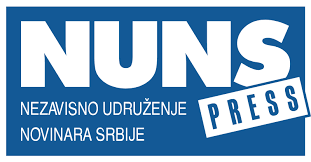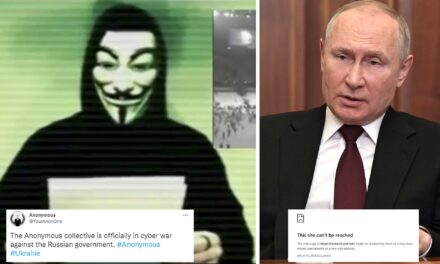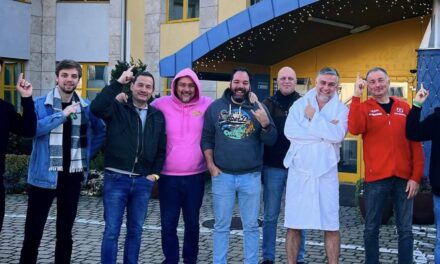More than 60 NGOs and media, including EUobserver, have signed a call for an EU-wide law to stop the rich and powerful from silencing critics with malicious litigation. The practice, known as strategic lawsuits against public participation (SLAPP), is on the rise in Europe.
- There were over 1,100 pending lawsuits in Croatia against journalists by politicians, public figures, and corporations at the end of 2019, for instance.
- In Malta, the family of murdered journalist Daphne Caruana Galizia is still fighting more than 40 posthumous cases against her.
- In France, Vincent Bolloré, a billionaire industrialist, has filed more than 20 Slapps against journalists and NGOs who tried to investigate his businesses in Africa.
- And in Belgium, home to the EU institutions and one of the world’s largest international press corps, the proliferation of lawsuits – including against EUobserver – has seen insurance firms decline to give journalists’ trade unions collective protection against their members as a result.
„Pursued by law firms on behalf of powerful individuals and organisations who seek to avoid public scrutiny, their aim is to drain the target’s financial and psychological resources and chill critical voices,” the NGO and media groups said on Tuesday (1 December).
„EU-wide rules providing for strong and consistent protection against Slapp suits would mark a crucial step forward towards ending this abusive practice,” they added.
„As democracy and the rule of law come increasingly under pressure … an EU anti-Slapp directive [would] protect public watchdogs that help hold the powerful to account,” they said.
The signatories included leading press-freedom groups, such as the Committee to Protect Journalists, The Daphne Caruana Galizia Foundation, and Reporters Without Borders.
They also included NGOs the Civil Liberties Union for Europe, Greenpeace, Ilga-Europe, and Transparency International, as well as the Guardian media group and writers’ union Pen International.
The call put forward a legal template of what an anti-SLAPP EU law should look like. It should mandate European courts to quickly dismiss patently malicious cases and fine abusers, it said. It should also cover political commentary, satire, cartoons, protests, and calls for boycotts, it added.
The appeal came out two days before EU justice commissioner Věra Jourová was to publish a new „action plan” to help protect democracy in Europe. The plan, due out on Thursday, is expected to mention SLAPPs, described by one EU source as a „hot subject” in the European Commission, which conducted a study of the problem earlier this year.
It is unclear if Jourová will promise a new EU anti-SLAPP law at this stage, however. But if she does not, then one alternative would be for pressure groups to target Belgium, or Brussels regional authorities, as a first step instead, according to British legal expert Alan Riley.
„The Brussels capital region [has] a huge media presence who need effective free-press protections,” he told EUobserver.
And an anti-SLAPP law here, „based on the US first amendment”, which protects free speech, would create an island of press freedom in Europe as well as a model for other EU countries to follow, Riley said.






